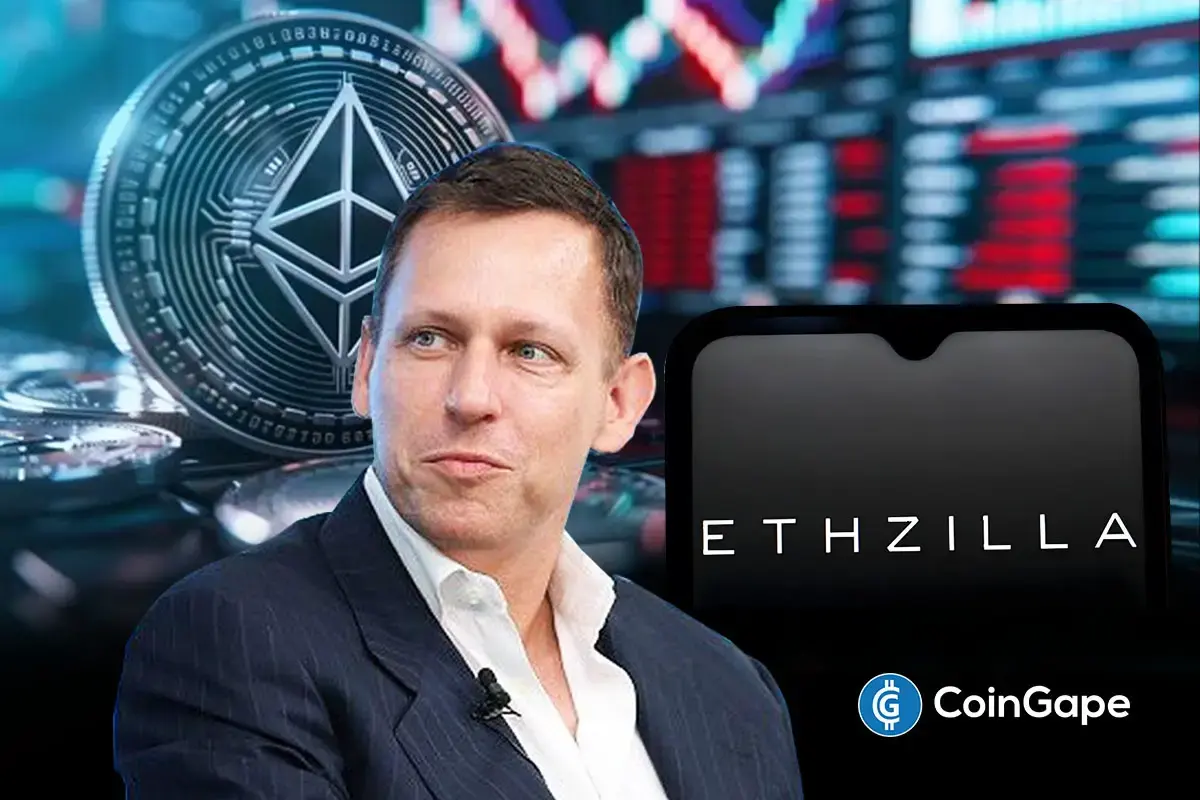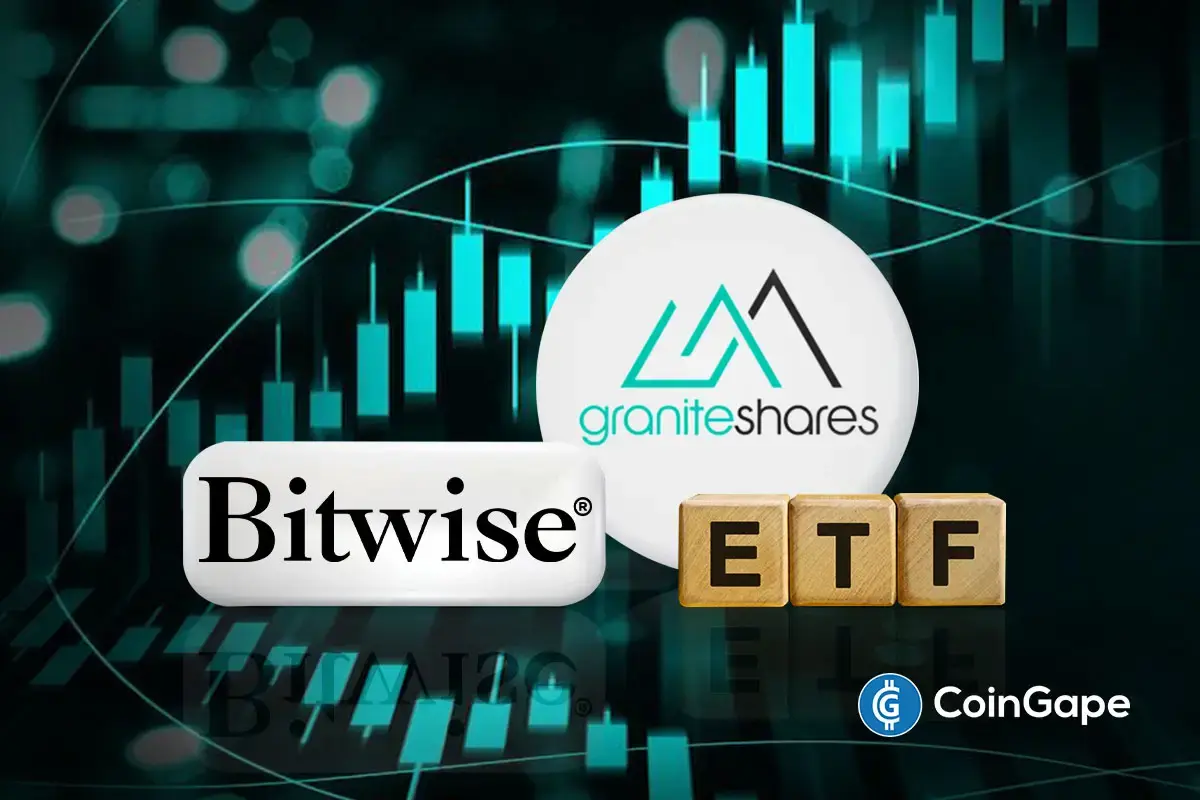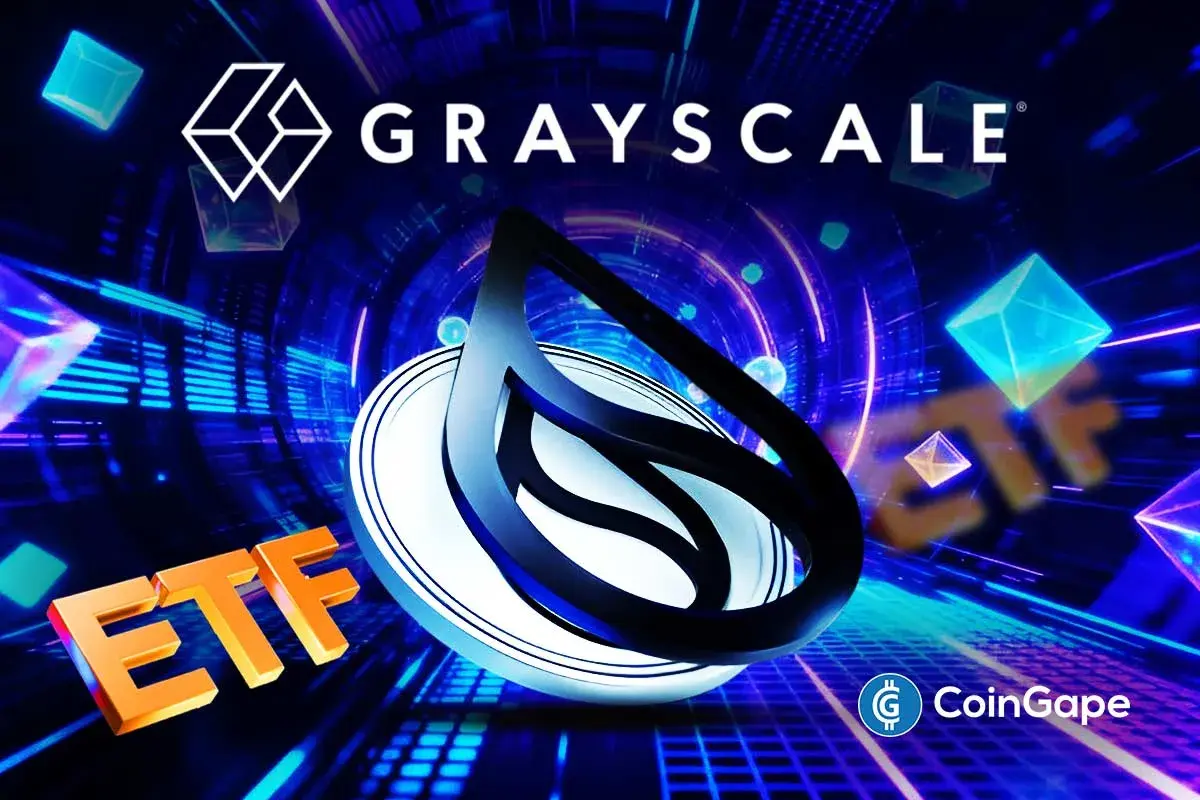FDIC Releases Docs on Crypto Debanking Ahead Of Chokepoint 2.0 Hearing

Highlights
- FDIC released 175 documents showing resistance to banks engaging in crypto activities.
- Senator Cynthia Lummis praised FDIC’s transparency and declared Chokepoint 2.0 over.
- FDIC plans to replace FIL 16-2022 and reassess its crypto supervisory approach.
The Federal Deposit Insurance Corporation (FDIC) has released 175 documents related to its supervision of banks involved in crypto activities. The release comes ahead of a court-ordered deadline and coincides with the upcoming congressional hearing on banking practices and financial access.
FDIC Released 175 Documents on Crypto Debanking
According to a recent press statement, the FDIC has made public 175 documents detailing its supervision of banks that engaged in or sought to engage in crypto-related activities. The documents reveal patterns of resistance from regulators, with banks facing extended delays, repeated requests for additional information, and directives to pause or refrain from expanding blockchain and crypto-related operations.
The release follows a court-ordered deadline set for Friday. Acting FDIC Chairman Travis Hill stated that the decision to disclose these documents will increase transparency. The move is also aimed at exceeding the requirements of the Freedom of Information Act (FOIA).
The FDIC had previously disclosed 25 “pause” letters sent to 24 institutions interested in blockchain and crypto-related ventures.
However, the newly released documents include additional correspondence with these institutions, along with communications involving other banks not previously identified.
Travis Hill commented,
“The documents that we are releasing today show that requests from these banks were almost universally met with resistance, ranging from repeated requests for further information, to multi-month periods of silence as institutions waited for responses, to directives from supervisors to pause, suspend, or refrain from expanding all crypto- or blockchain-related activity.”
Congressional Hearing Set to Address Banking Practices
The document release comes just before a scheduled congressional hearing on banking practices and financial access. The hearing is expected to focus on concerns over the FDIC’s previous supervisory approach to crypto-related activities, as well as broader issues surrounding regulatory scrutiny of financial institutions.
Acting Chairman Hill noted that the documents demonstrate a regulatory environment that made it increasingly difficult for banks to proceed with digital asset initiatives. The disclosures indicate that the vast majority of institutions ultimately halted their crypto-related activities due to regulatory obstacles.
Senator Cynthia Lummis Applauds Move Against Chokepoint 2.0
Following the release, Senator Cynthia Lummis commended the FDIC’s move, emphasizing the importance of government transparency. In a statement, she expressed appreciation for Acting Chairman Hill and the administration for making the documents available to the public.
Senator Lummis also declared an end to what she referred to as “Chokepoint 2.0,” efforts to limit banking access for businesses in the crypto sector.
I am thrilled the FDIC acted swiftly & efficiently to release these documents. I want thank Chairman Hill and @POTUS for your commitment to government transparency! We are putting an END to Chokepoint 2.0.
— Senator Cynthia Lummis (@SenLummis) February 5, 2025
Earlier on, pro-crypto Senator Cynthia Lummis warned former Chair Marty Gruenberg against obstructing Senate oversight. She demanded the FDIC preserve all documents tied to OCP 2.0. Lummis also cautioned against retaliation toward whistleblowers, citing potential criminal referrals.
Plans to Revise Crypto Supervisory Approach
In response to concerns raised by the documents, the FDIC has announced plans to reassess its approach to crypto-related activities. This includes replacing Financial Institution Letter (FIL) 16-2022, a guidance document that is restrictive in engaging with blockchain technology.
The FDIC also intends to collaborate with the President’s Working Group on Digital Asset Markets, established by a recent executive order. The agency will develop a regulatory framework that allows institutions to engage in crypto-related activities while adhering to safety principles.
The Federal Deposit Insurance Corporation, under the previous administration, received a lot of criticism for Chokepoint 2.0. Coinbase CLO Paul Grewal accused the agency of trying to “kill BTC transactions” and suppress blockchain technology. He claimed FDIC officials hid key evidence in the FOIA case and misused Exemption 8 to cover their tracks.
- Veteran Trader Peter Brandt Predicts Bitcoin Price Rebound, Gold Fall to $4000
- Peter Thiel Exits ETHZilla as Stock Slides 3% Amid Token Launch
- Bitwise, Granitshares Eyes $63B Sector With New Prediction Markets ETF Filing
- Breaking: Grayscale Sui Staking ETF to Start Trading on NYSE Arca Today
- Prediction Market Lawsuit: Nevada Targets Kalshi in Court After Action Against Polymarket
- Will Sui Price Rally Ahead of Grayscale’s $GSUI ETF Launch Tomorrow?
- How Long Will Pi Network Price Rally Continue?
- Pi Network Price Beats Bitcoin, Ethereum, XRP as Upgrades and Potential CEX Listing Fuels Demand
- 5 Things Dogecoin Price Needs to Hit $0.20 in Feb 2026
- Bitcoin Price Prediction as Experts Warns of Quantum Risks
- Dogecoin, Shiba Inu, Pepe Coin Price Predictions As BTC Crashes Below $68k


















